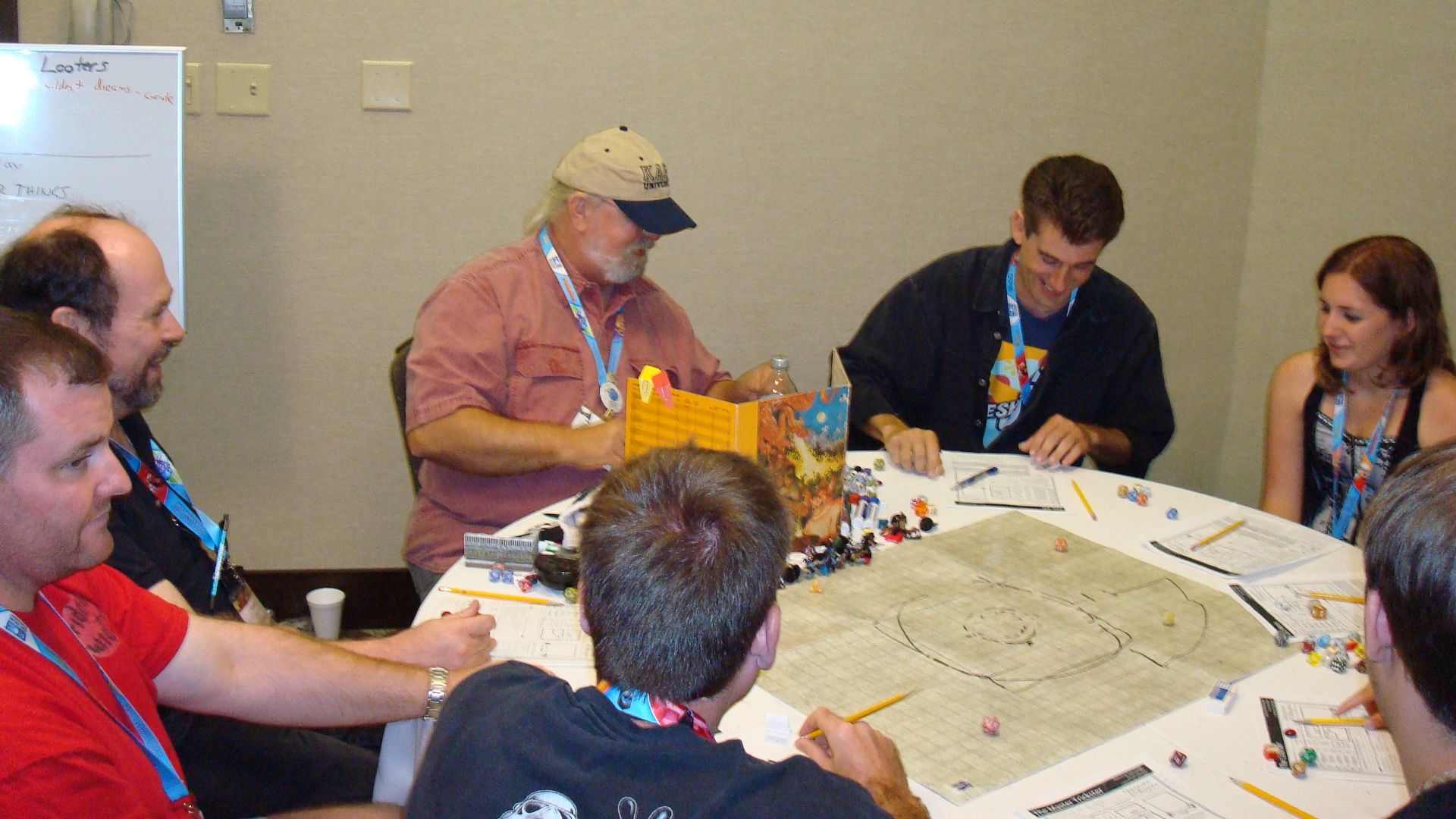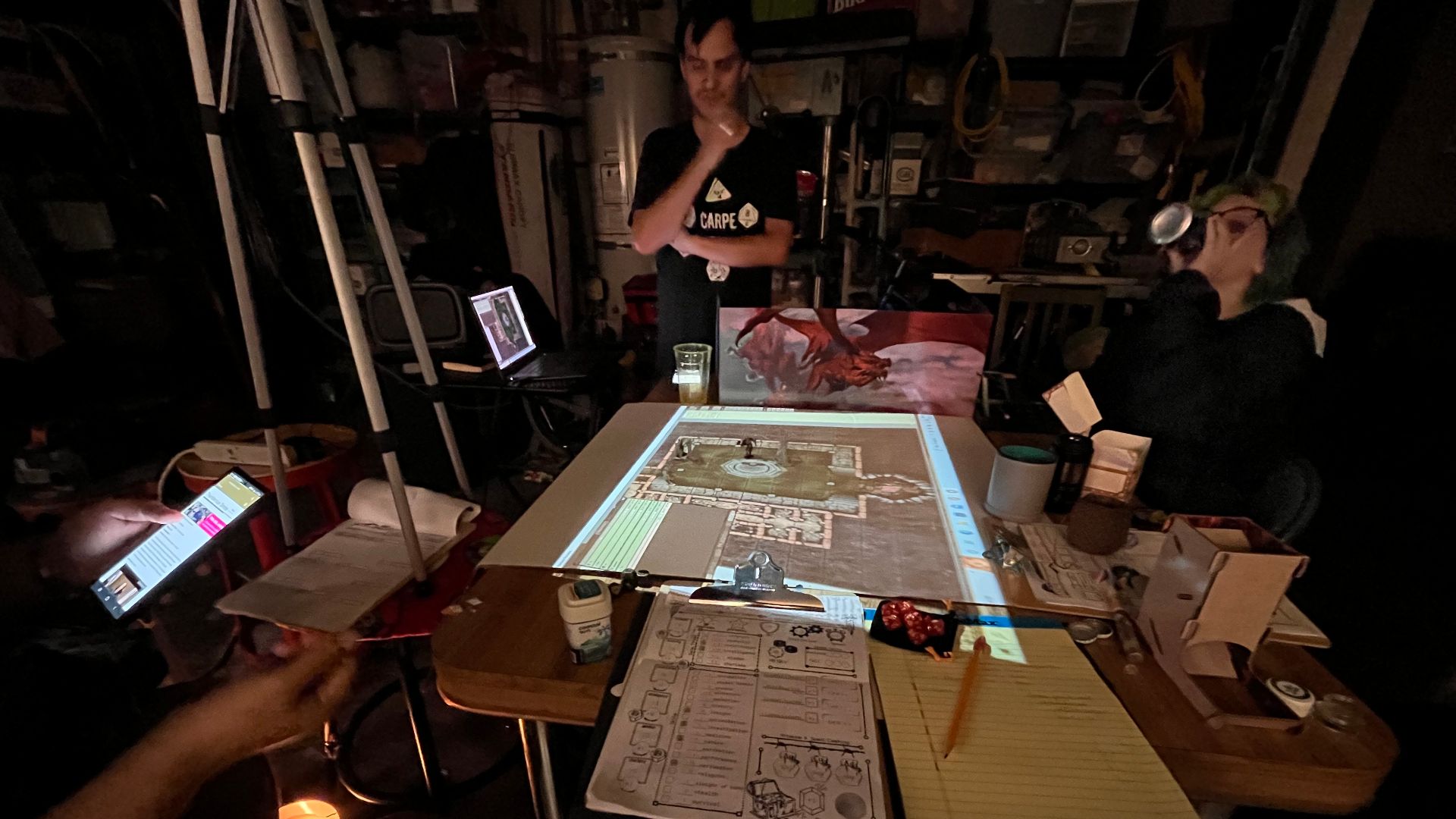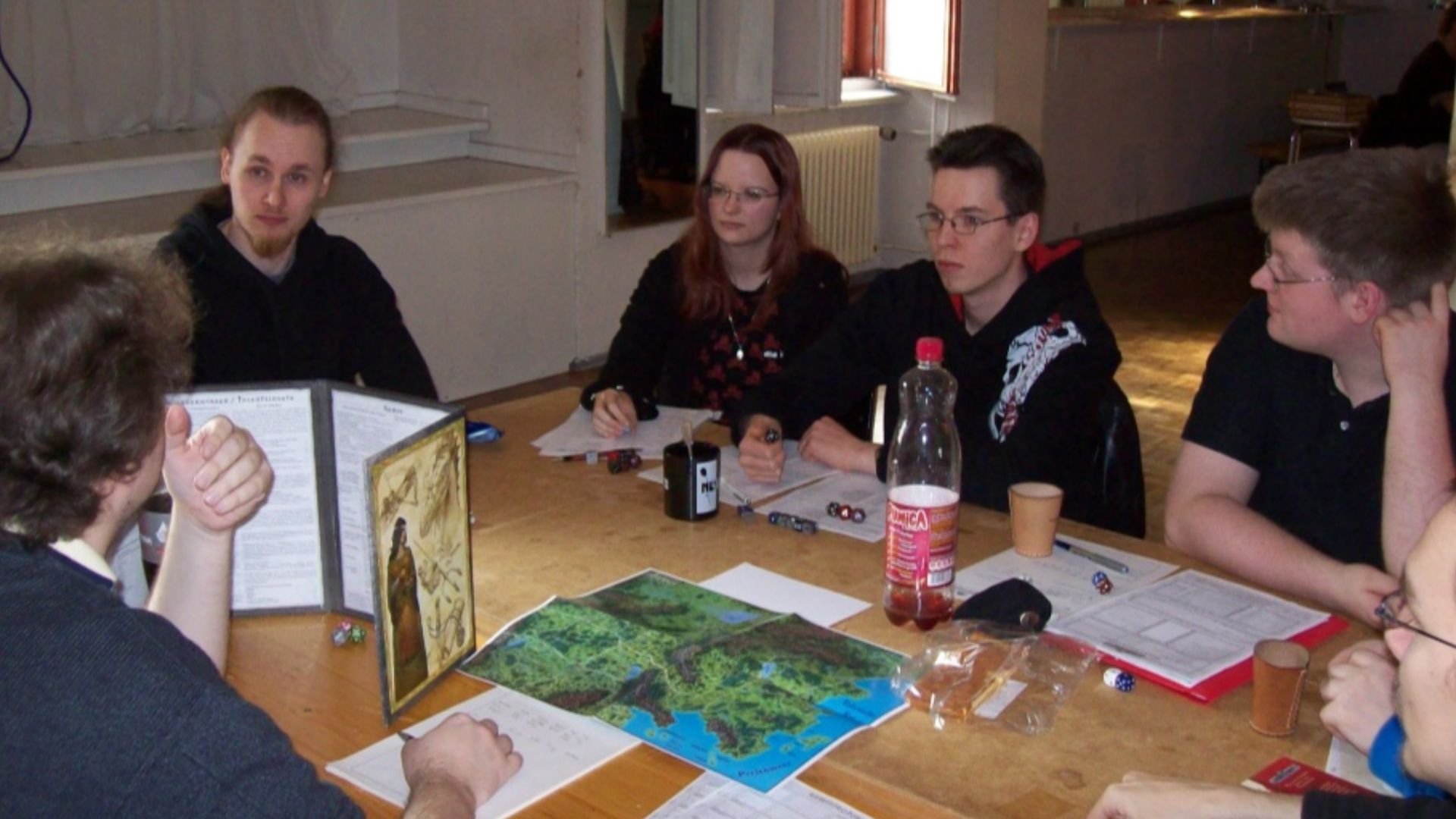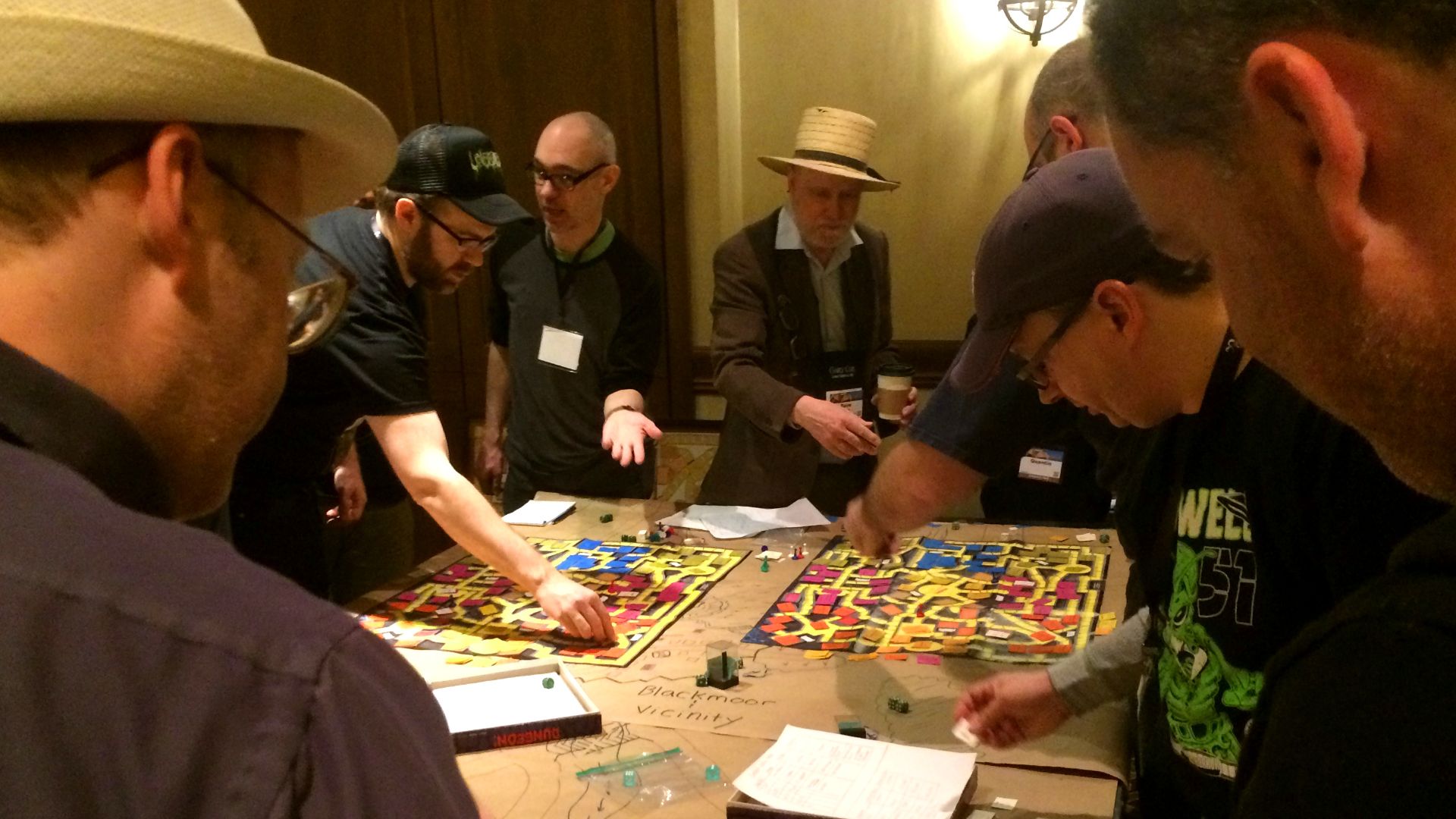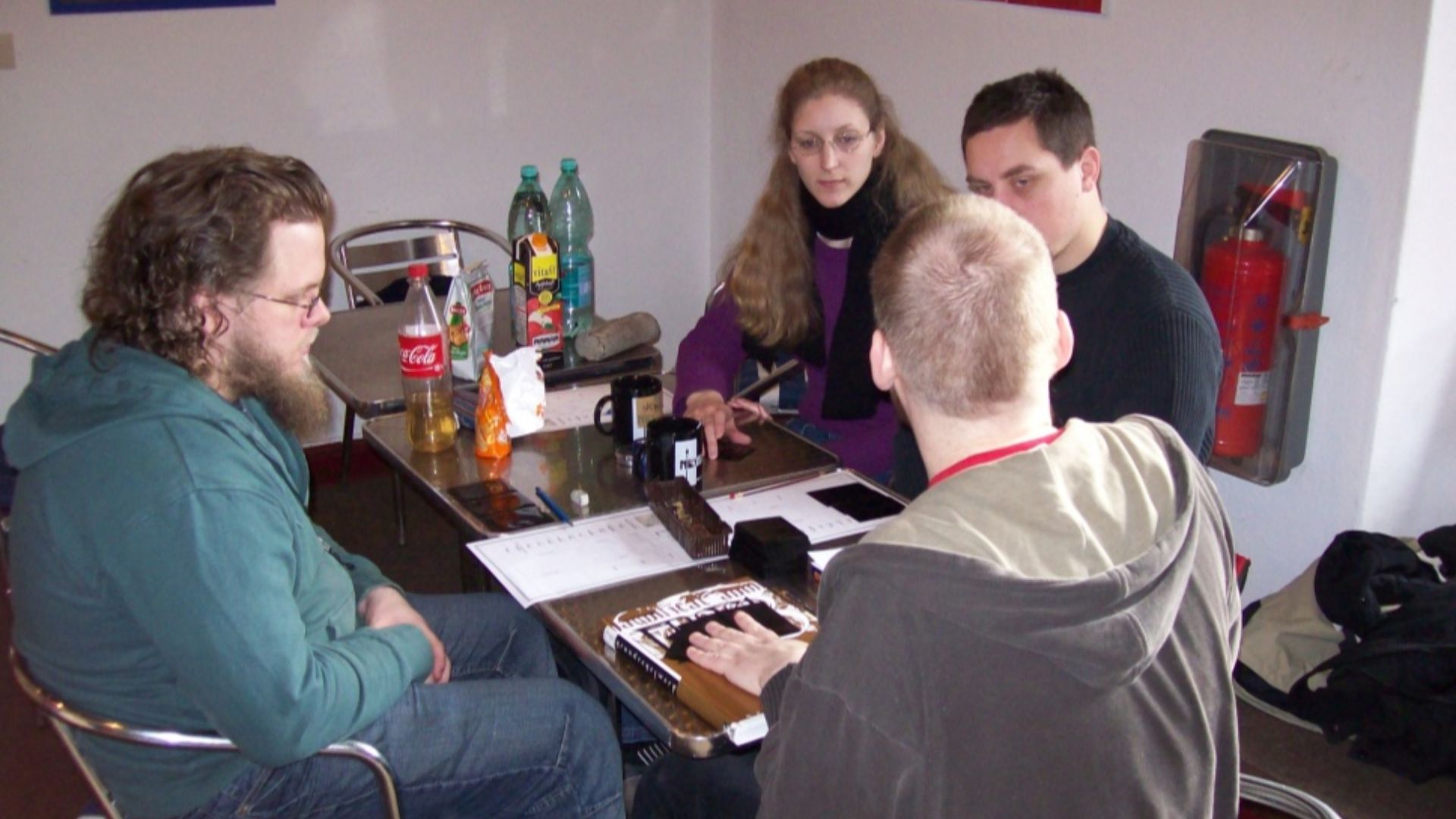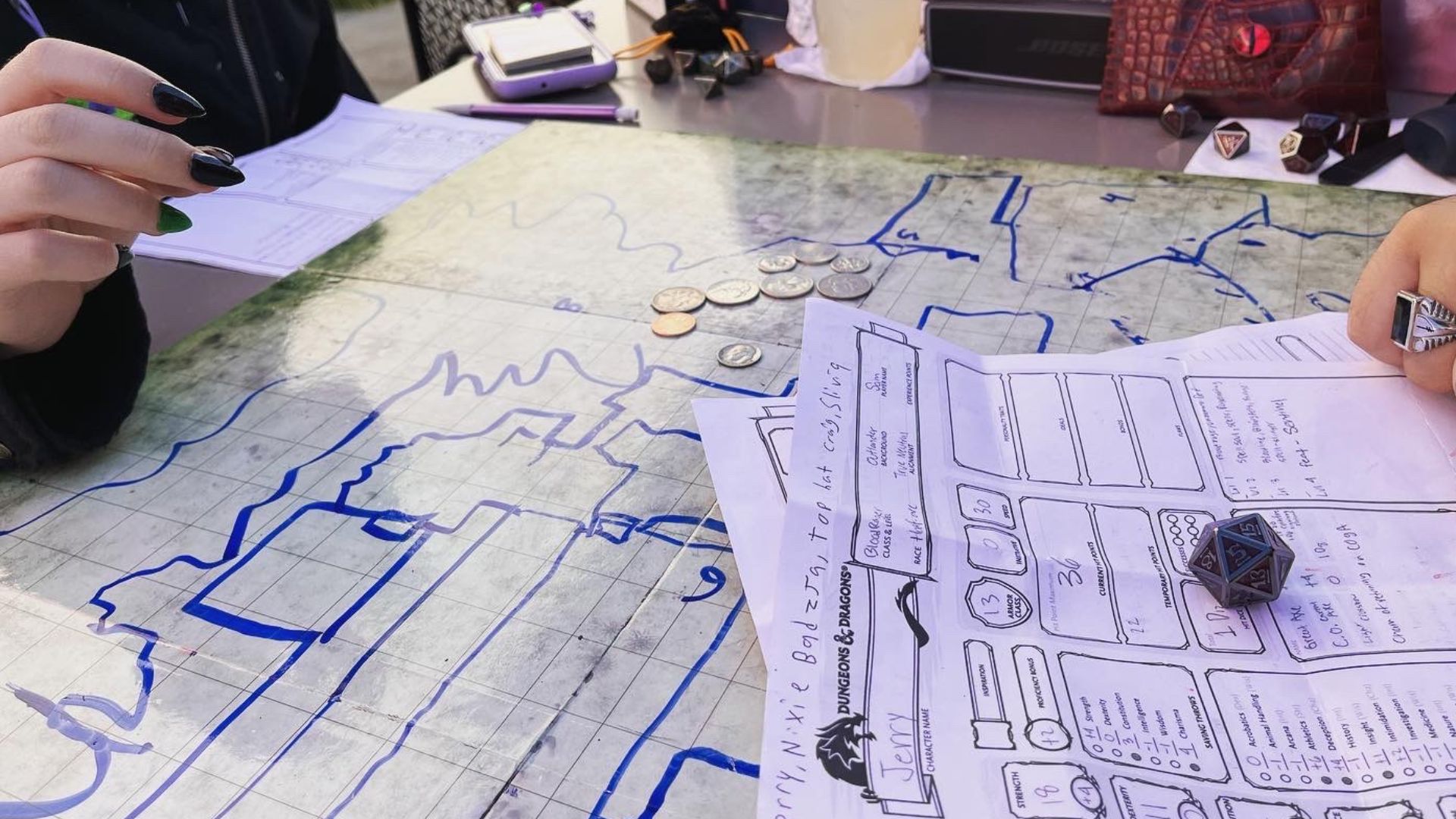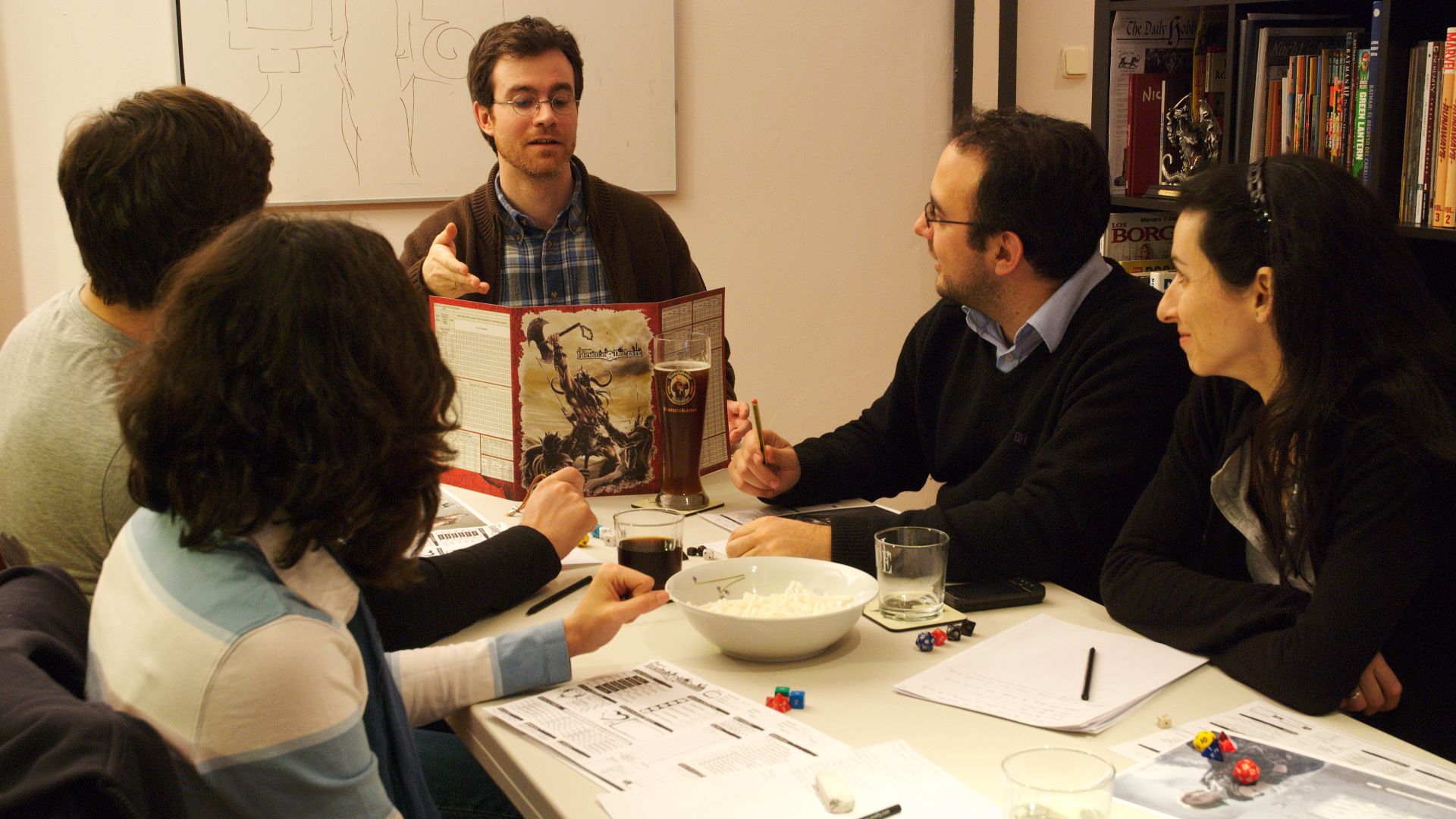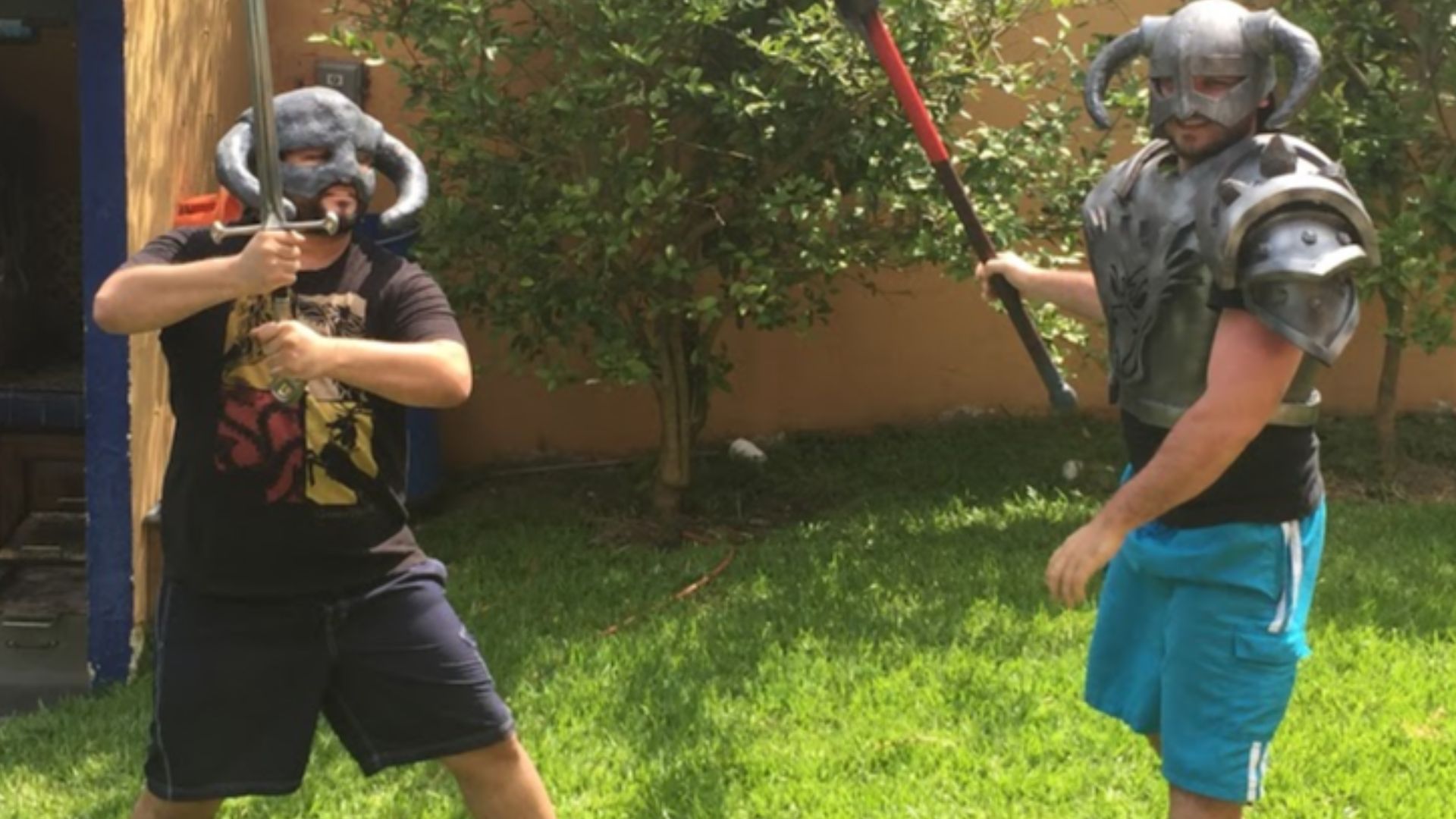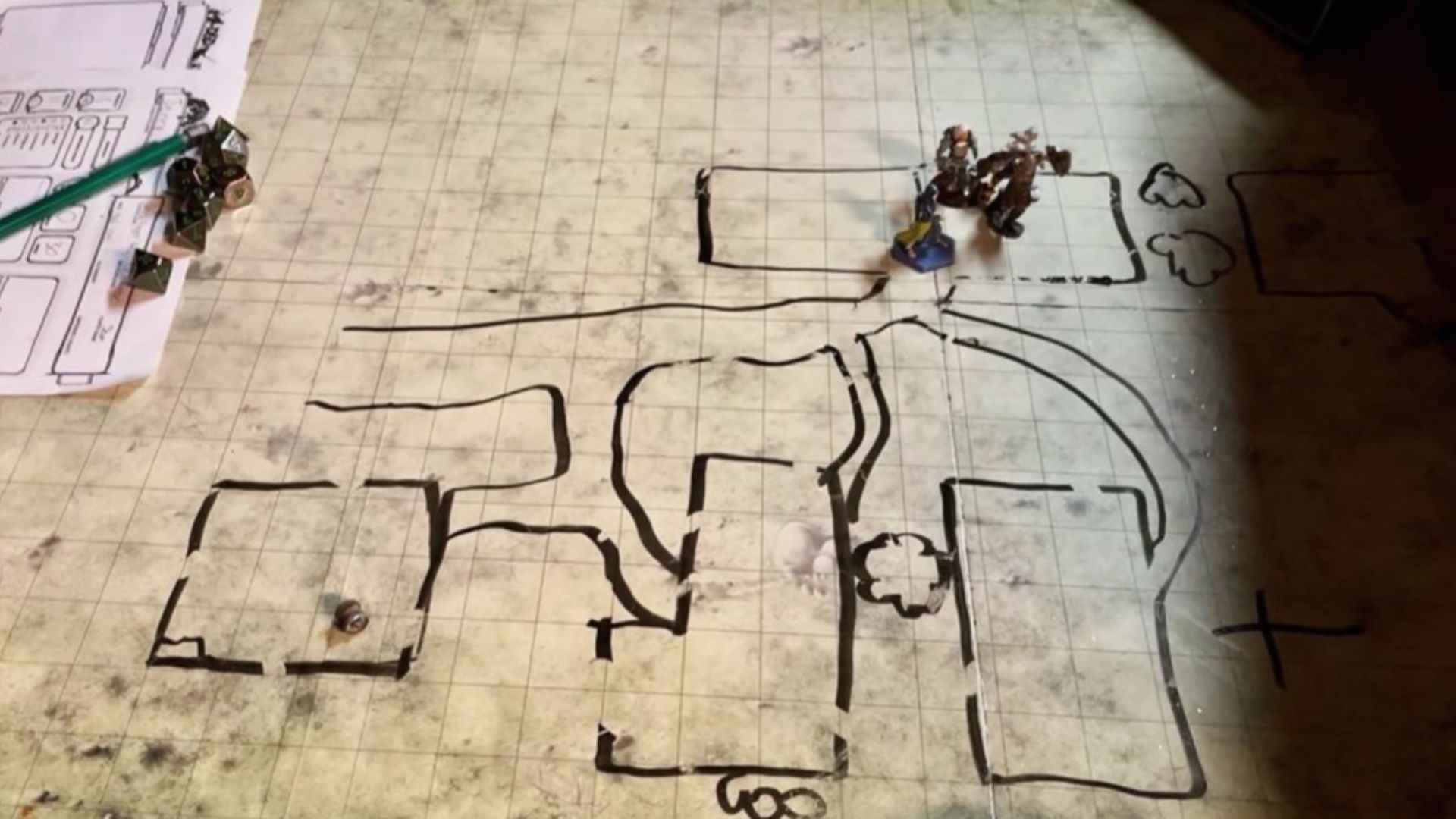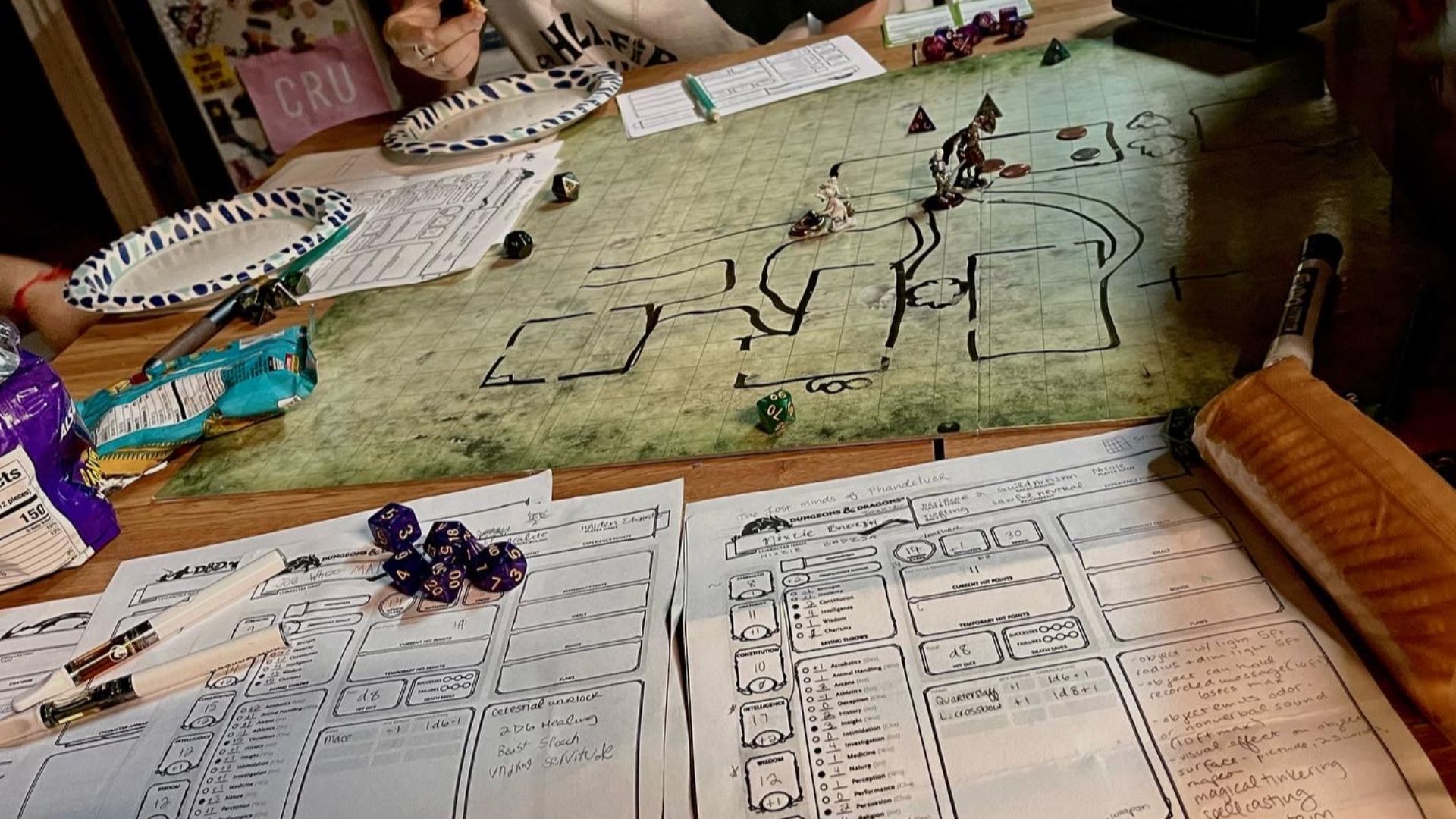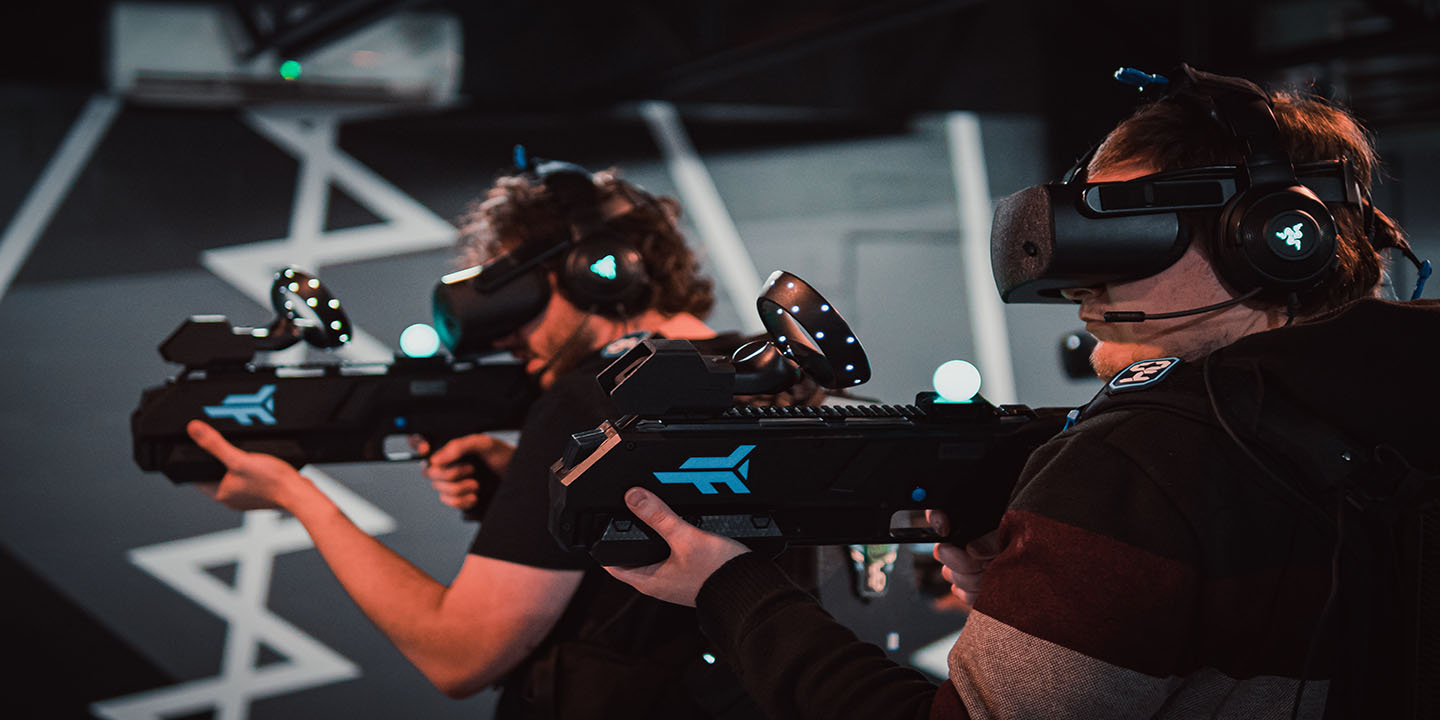Where Do You Stand?
Being a Dungeon Master is no small task—it’s part storyteller, part referee, and part chaos manager. Some DMs run campaigns so thrilling they belong in fantasy legend. Others… well, let’s just say their players are counting the seconds until the session ends. But where do you stand? Let's look at 10 signs that you need to step your game up and 10 signs that you're already crushing it.
1. Players Are Glued To Their Phones
If players are glued to their phones instead of engaging with the story, your sessions might be lacking energy or focus. Boring plotlines, repetitive tasks, or a lack of player involvement often cause this disengagement. It’s also a sign that your pacing or story arcs need serious improvement.
2. Rules Are Always Confusing
Constantly changing or unclear rules create frustration and disrupt the game flow. Hearing players ask, “Wait, that’s not how it worked last time,” highlights inconsistent rulings. A skilled dungeon master should master the rulebook—or at least keep rulings fair and predictable.
3. Combat Is Unbalanced
A TPK (Total Party Kill) in every session? Combat that’s either too easy or impossibly hard drains the fun from the game. Well-designed battles should challenge the group without overwhelming them, creating tension and rewarding creative strategies instead of frustration or boredom.
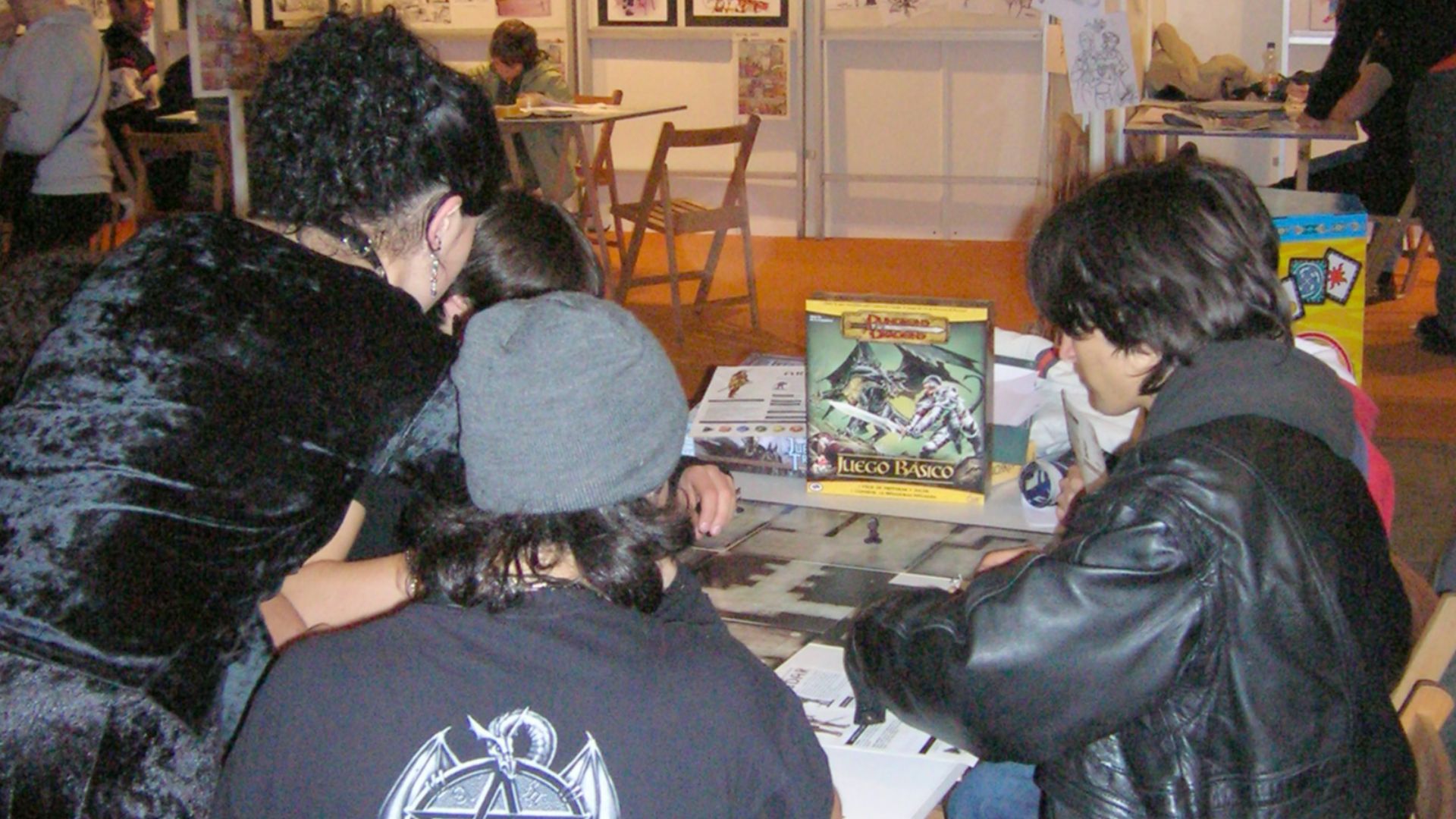 Javier Mediavilla Ezquibela on Wikimedia
Javier Mediavilla Ezquibela on Wikimedia
4. No One Laughs Or Reacts
A dead table—where jokes fall flat, no one reacts to NPCs, and even major plot twists land with silence—is a red flag. It means your players aren’t emotionally invested. D&D thrives on shared excitement, drama, and humor. When those elements are missing, it’s a sign that something isn’t clicking.
5. One Player Solves Everything
A campaign where one player handles every challenge shows clear favoritism or poor planning. If the rogue is always disarming traps or the wizard is constantly solving puzzles while others watch, frustration brews. Over time, the group loses interest, and the adventure feels one-sided.
6. NPCs Are Forgettable
A villain with no personality or a shopkeeper who blends into the crowd makes the world feel hollow. Players want to meet characters who stand out—quirks, accents, or motivations that make them memorable. Without them, the game turns into a lifeless routine of faceless interactions.
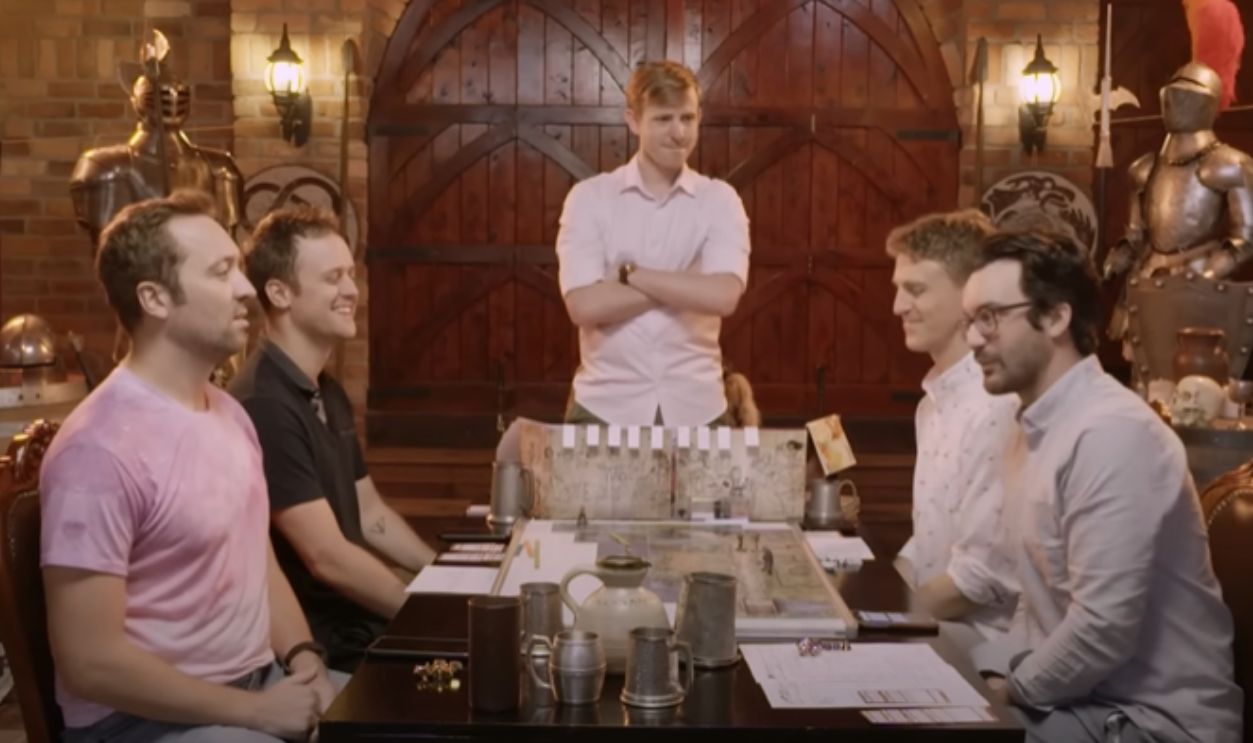 The Journey Begins - NPC D&D - Episode 1 by Viva La Dirt League D&D
The Journey Begins - NPC D&D - Episode 1 by Viva La Dirt League D&D
7. Players Always Argue With You
Every decision you make turns into a battlefield. The barbarian debates why the king’s guards didn’t react to their intimidation, while the bard argues over a cursed lute that seems unfair. Spiraling arguments can turn adventures into endless rounds of complaints and pushback.
8. Your Story Dominates Choices
Forcing the group to stick to a rigid narrative makes them feel like extras in your epic tale instead of heroes shaping their own destinies. A campaign should feel alive, not like they’re just checking off plot points in a story. This way, the game becomes predictable, and worse, it stops being theirs.
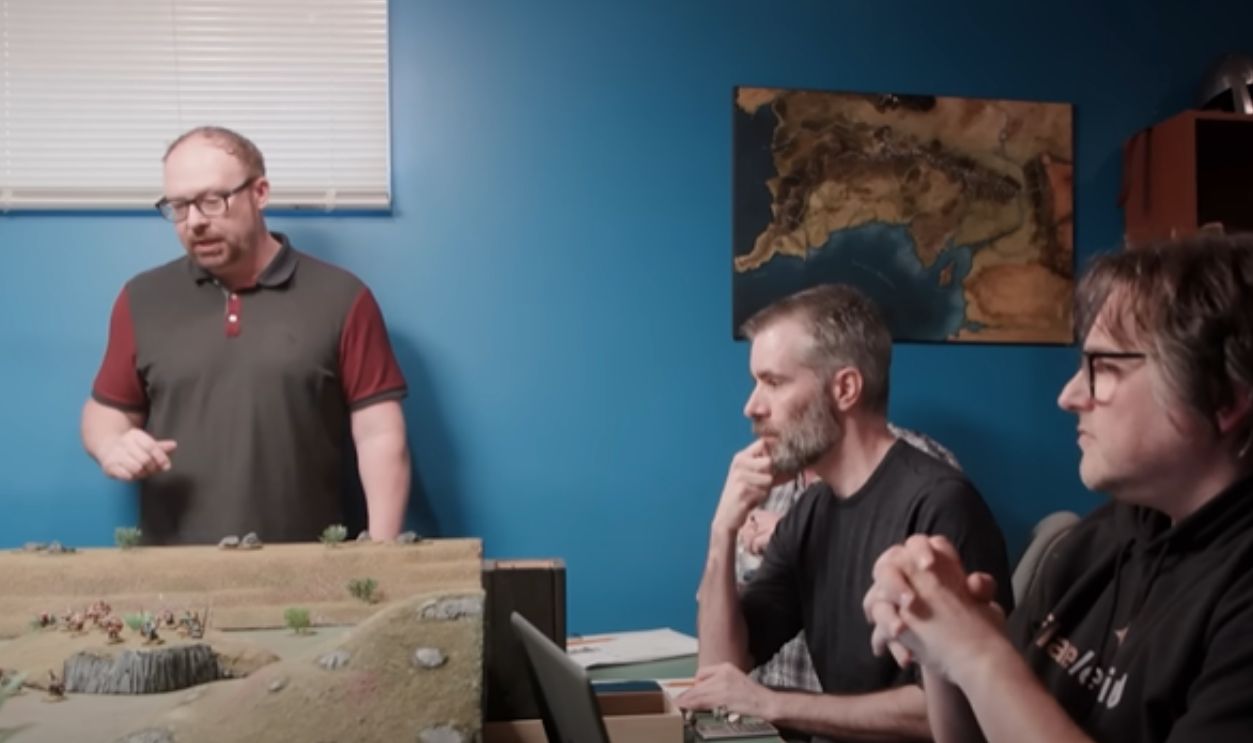 Inside the 40 Year-Long Dungeons & Dragons Game | Obsessed | WIRED by WIRED
Inside the 40 Year-Long Dungeons & Dragons Game | Obsessed | WIRED by WIRED
9. Players Skip Sessions
"Sorry, something came up," followed by radio silence, is never a good sign. No one ditches a session where their rogue is mid-heist or their wizard's about to uncover ancient secrets. A dull plot, lack of character development, and repetitive encounters can all make the game night feel like a weekly obligation.
10. Nobody Talks About Your Game
The group chat is dead. No memes about the barbarian’s bad rolls, no wild theories about the shady merchant, and no one’s even teasing the bard for flirting with the dragon. Hence, a campaign that doesn’t inspire post-session buzz means the story fell flat.
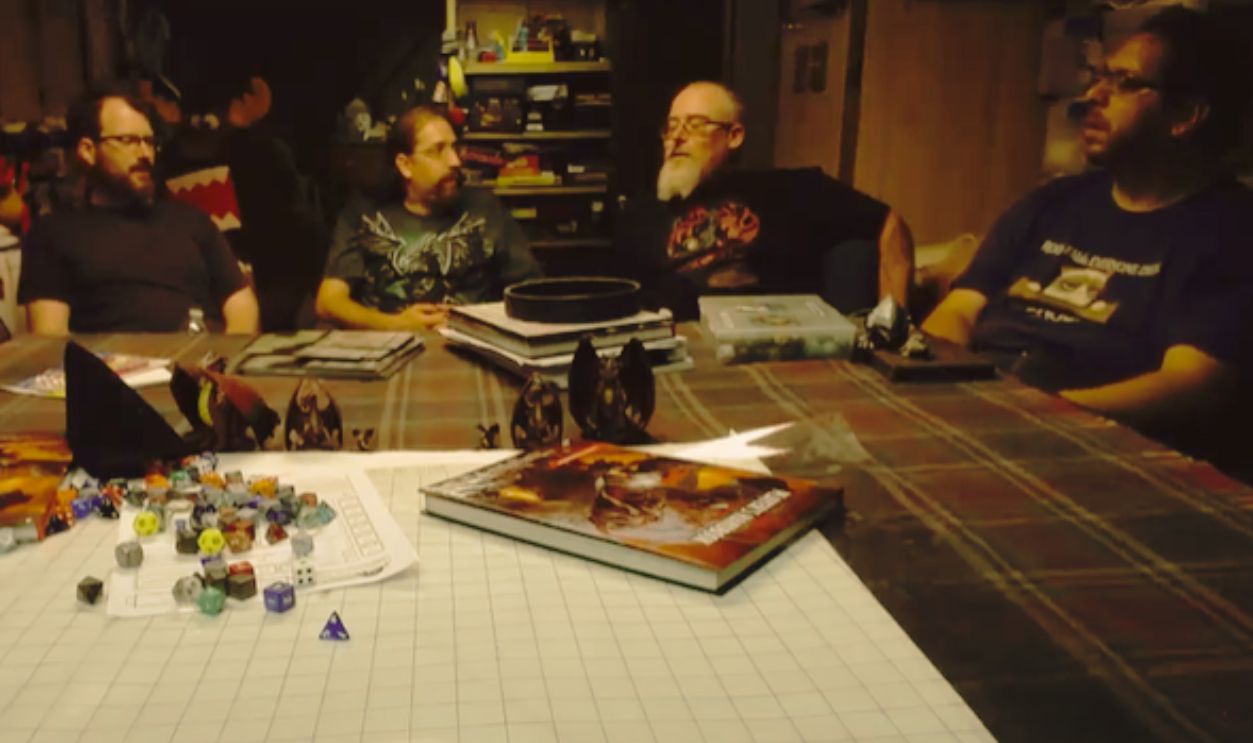 DnD 5th Edition Gameplay Wrap| Our Thoughts After The 2nd 5E D&D Session by Nerdarchy
DnD 5th Edition Gameplay Wrap| Our Thoughts After The 2nd 5E D&D Session by Nerdarchy
1. NPCs Feel Like Old Friends
A great DM crafts NPCs with depth, quirks, and motives that make them unforgettable. These characters feel more like old friends or sworn enemies than background noise. Their personalities, goals, and choices shape the world as much as the players do, which creates bonds that outlast campaigns.
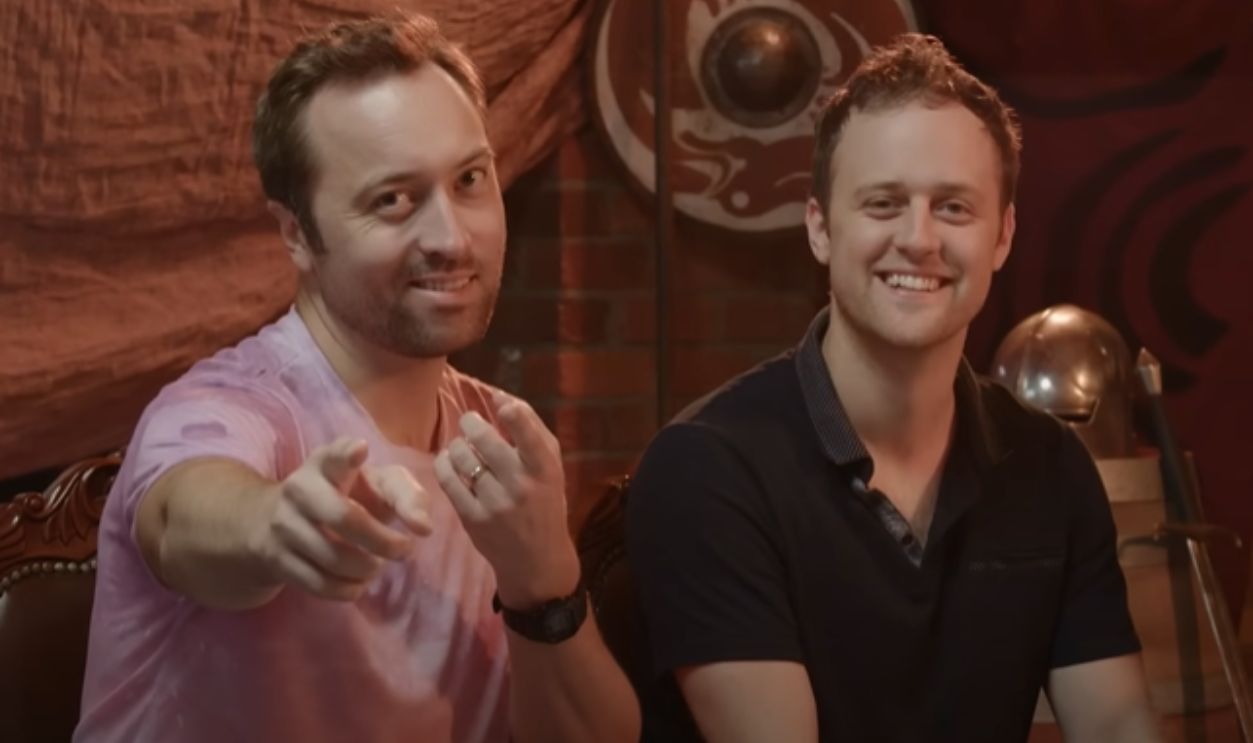 The Journey Begins - NPC D&D - Episode 1 by Viva La Dirt League D&D
The Journey Begins - NPC D&D - Episode 1 by Viva La Dirt League D&D
2. Sessions Become The Week’s Highlight
Your game nights are so epic that players treat them like events. Cancelled plans? Rescheduled around D&D. Forget movie night—everyone's busy debating the rogue's scheme. Even snacks turn thematic—someone's bringing "orc-inspired nachos," and you're not sure what that means, but it's happening.
3. Improvised Chaos Feels Seamless
A sorcerer charms the king's prized griffon, the bard convinces a troll to open a bakery, and somehow, the rogue is now mayor. None of this was planned, but you handled it like a pro. Your quick thinking and adaptability turn unexpected player chaos into unforgettable plotlines.
4. Players Take Risks Without Hesitation
Players know their creativity won’t be crushed by arbitrary punishments, so they lean into risk and chaos. Every daring heist or off-the-wall plan carries the thrill of possibilities, whether it leads to triumph or hilarious disaster. That trust in your ability to support creativity marks a masterful DM.
5. Players Remember Moments
As a great Dungeon Master, you know you’ve done your job well when players talk about your campaign long after it’s over. Maybe it’s the time they narrowly escaped a deadly trap or a clever twist in the plot that left everyone stunned. Such moments are the result of thoughtful planning and your ability to adapt.
6. Roleplaying Feels Like Second Nature
In the hands of a great Dungeon Master, roleplaying becomes an effortless skill. NPCs come to life with distinct voices, personalities, and motivations that blend seamlessly into the narrative. The transitions between different roles happen naturally, which keeps the flow of the game smooth and immersive.
7. Inside Jokes Take Over The Campaign
Inside jokes become a hallmark of great campaigns. These running gags create an environment of camaraderie and make the game feel more personal. A great Dungeon Master nurtures these jokes and lets them flourish naturally. Soon, they become integral to the campaign's identity.
8. Plot Twists Make Heads Turn
Players gasp, cheer, or curse your name after a dramatic twist. Whether it’s discovering that the ally you’ve trusted is secretly the villain or realizing that a seemingly simple quest has far greater stakes, a skilled Dungeon Master knows how to throw in that unexpected curveball.
9. Player Creativity Shapes The World
When players come up with creative solutions or unexpected ideas, it can completely change the direction of the campaign. Instead of just following the plot, their actions and choices influence the world around them—affecting NPCs, the environment, and even the storyline.
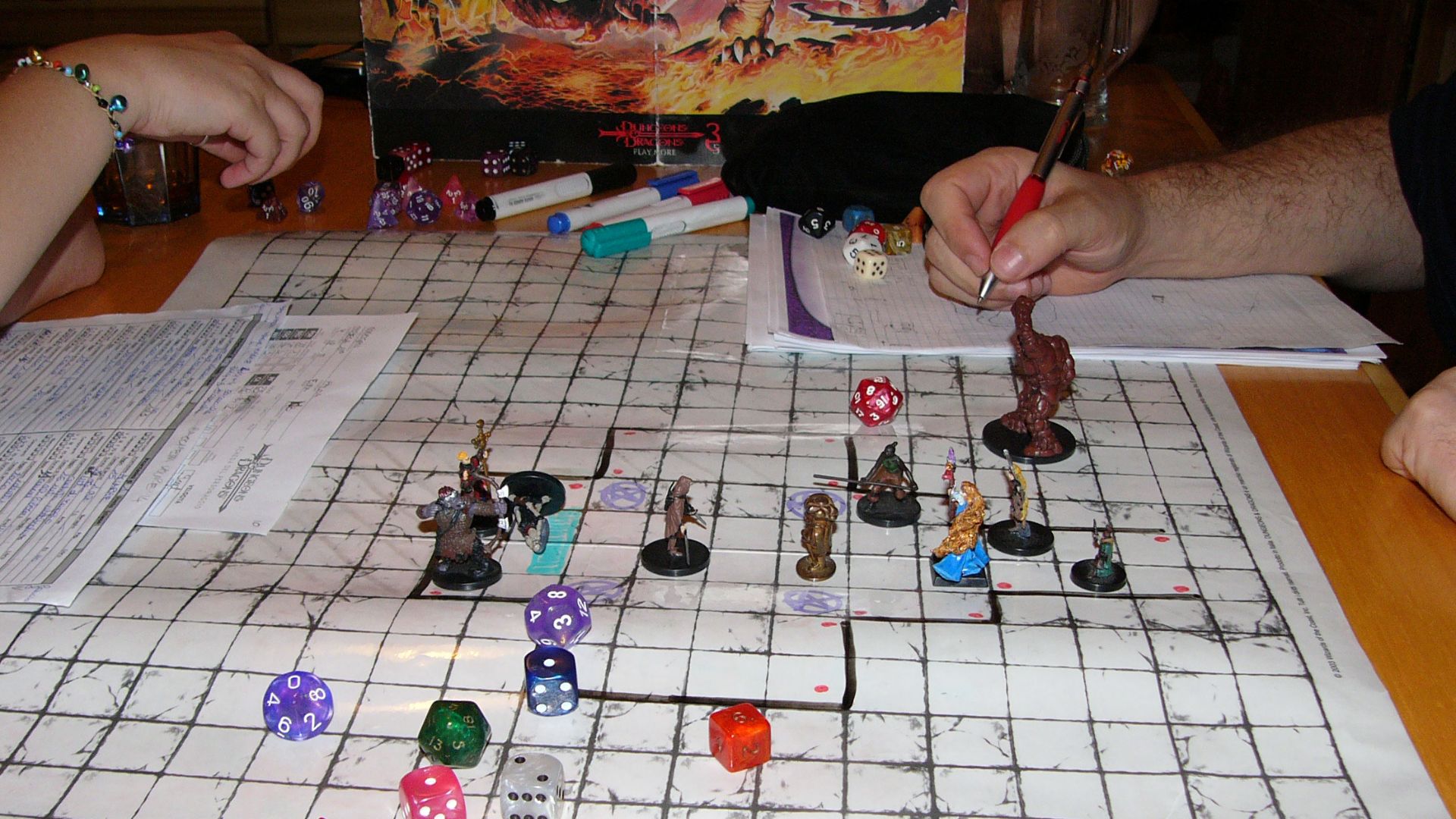 No machine-readable author provided. Moroboshi assumed (based on copyright claims). on Wikimedia
No machine-readable author provided. Moroboshi assumed (based on copyright claims). on Wikimedia
10. Your Table Feels Like A Family
Laughter fills the air as players share snacks, crack inside jokes, and cheer each other on, both in and out of the game. Plus, the bonds around the table rival those of the characters on their quests. This way, a group that feels like a family creates a space where friendship and adventure thrive together.


